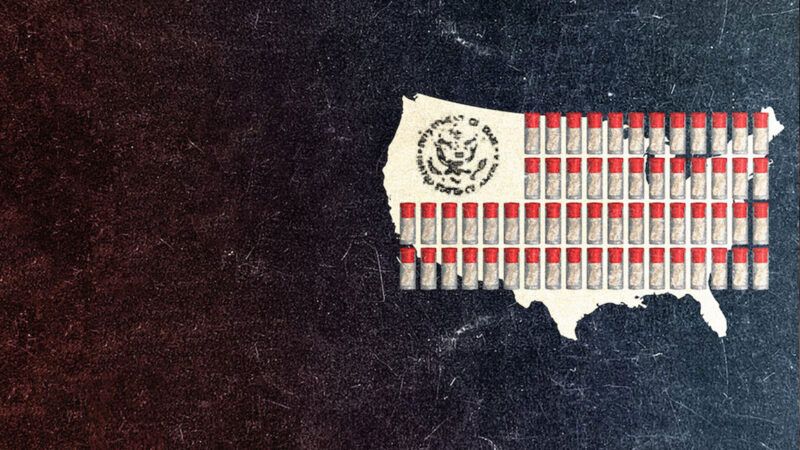Crack: Cocaine, Corruption & Conspiracy
The new documentary revisits the draconian political response to the crack cocaine "epidemic" of the 1980s.

It "seemed like a good idea at the time," former Rep. Charles Rangel (D–N.Y.) says in the Netflix documentary Crack: Cocaine, Corruption & Conspiracy. Rangel, who represented Harlem from 1971 to 2017, is talking about the draconian political response to the crack cocaine "epidemic" of the 1980s.
That response included a federal sentencing scheme, backed by then-Sen. Joe Biden (D–Del.), that treated crack as if it were 100 times worse than cocaine powder and imposed a five-year mandatory minimum for possessing as little as five grams. Crack reminds us of the circumstances in which policies like those, which overwhelmingly targeted African Americans, seemed like a good idea to supposedly liberal black Democrats such as Rangel. "Clearly," he says now, "it was overkill."
The documentary recalls seminal events in the tangled cultural history of crack, such as Nancy Reagan's inane but widely echoed "Just Say No" campaign, the 1986 death of college basketball star Len Bias, the scientifically baseless "crack baby" panic, and the 1989 TV address in which President George H.W. Bush dramatically held up a bag of crack, telling America this "innocent-looking" substance was "turning our cities into battle zones." The teenaged drug dealer who provided Bush's prop after he was lured to "a park just across the street from the White House" ended up serving nearly a decade in prison.
"I can't feel sorry for the fella," Bush remarked, expressing a sentiment you'd expect from a politician who urged Americans to "rise up united and express our intolerance." Alarmed by the violence and corruption caused by the very policies Bush was so keen to enforce, a bipartisan, transracial majority did just that, destroying many lives in the process.


Show Comments (7)